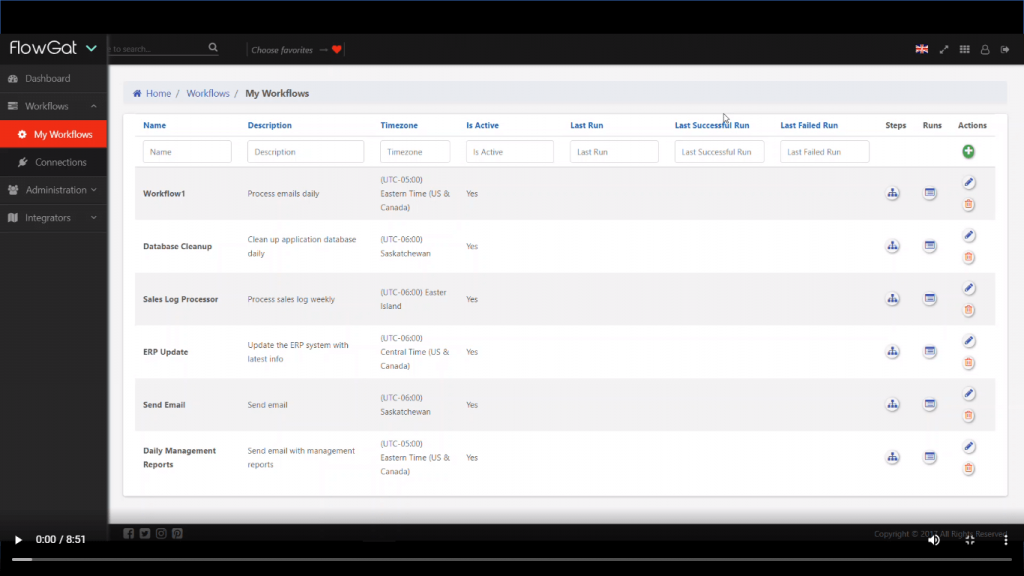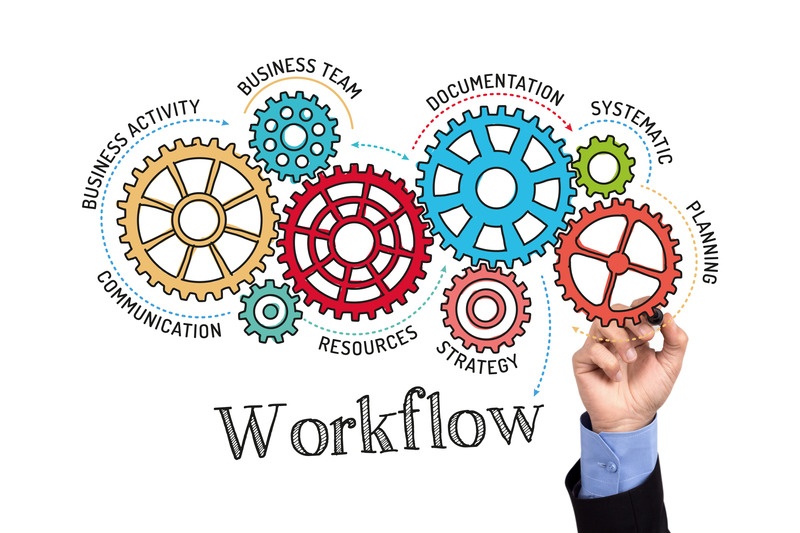Workflow Audit: Why is it crucial for efficient process workflows?
Workflow is the sequence of steps that are to be executed to complete a particular task. Business workflows define the functions that are to be performed by various departments of the organization. Before digitization, workflows were managed manually with a bunch of paper files and verbal instructions that defined multiple functions and roles.
However, with Digital workflows coming into the picture, organizations no longer have to deal with issues they were facing with manual workflows. Such workflows have eliminated the discrepancies of manual workflows and helped organizations enhance the efficiency and productivity of their business processes. Also, automated workflows have improved the approval process and eliminated human bias. However, do you think that with so many pros of automated workflows, you don’t need to audit your workflows?
If you don’t perform an audit, how would you know if your workflow has stopped working, achieving the desired results or not, or fitting in with your current business needs or goals? Hence, you need to perform a workflow audit to get answers to these questions.
When should you perform a workflow audit?
Sometimes, it’s easy to recognize a faulty workflow, but other times, a workflow may not be optimized to its full potential. This makes it quite challenging to detect whether it is effective or not as you might be achieving your goals but at a reduced speed. So, in the following circumstances, you must conduct a workflow audit.
- When you see bottlenecks or delays.
- When necessary, activities feel cumbersome.
- When there are significant changes to your team roles and team processes.
- When new processes or team roles are added.
- When goals are not being achieved.
Why do you need to audit workflows?
- Timely audits help in identifying the flaws in a workflow, thus enhancing its performance.
- Workflow audits help determine the gaps and improve the workflows to meet the requirement of current workflows and goals.
- Workflow audit helps in identifying the bottlenecks and finding out their main cause. With an audit, you can rectify the issues.
- Workflow audit helps in identifying the gaps when the goals are not met.
What are the focus areas of workflow automation?
In this section, we’ll discuss the key areas you need to focus on when performing a workflow audit.
- Before defining the workflow audit process, you must have clarity on the outcome of the workflow. So, enlist the outcomes and note down when the goals aren’t met.
- Evaluate the workflows to find out the bottlenecks, delays, and process overlaps.
- Establish roles and responsibilities at every stage and note down the changes in any function that have taken place during the audit.
Final thoughts
Workflow audit is as crucial as running a workflow. A timely audit of workflows ensures that your objectives and goals are met. A robust tool like FlowGat can be tailored according to your unique needs and requirements. Also, it has powerful features that ensure that your outcomes are achieved on time with efficiency. To know more, you can get in touch with us.






























